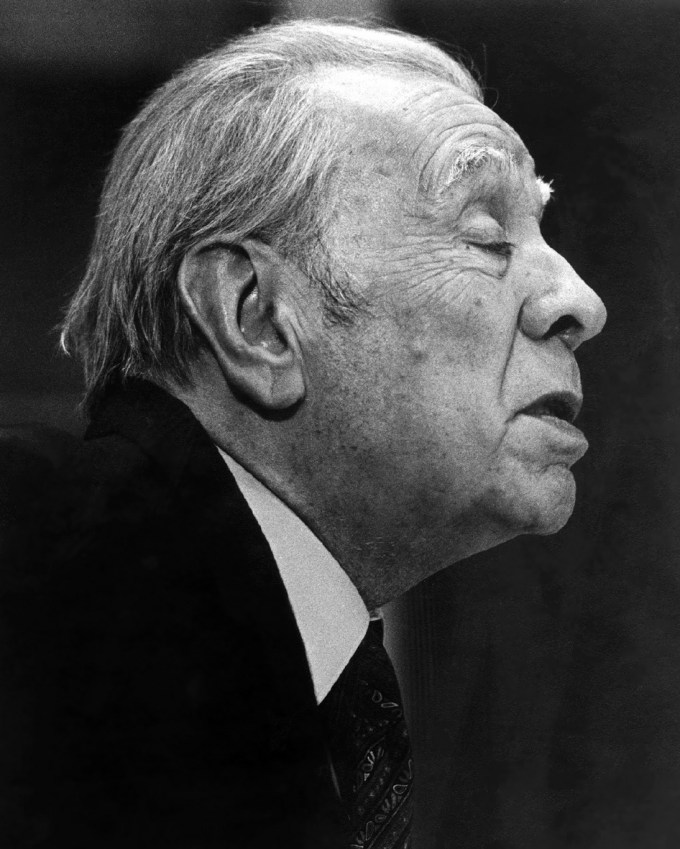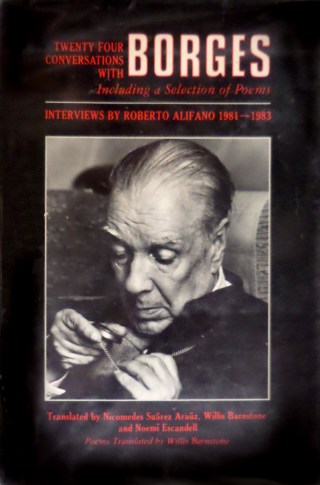Borges on Turning Trauma, Misfortune, and Humiliation
into Raw Material for Art
_____________________________________
Χόρχε Λουίς Mπόρχες : σχετικά με τη μετατροπή του τραύματος, της δυστυχίας και της ταπείνωσης
σε πρώτη ύλη για την τέχνη
Πηγή: brainpickings.org
“Forget your personal tragedy,” Ernest Hemingway exhorted his dear friend F. Scott Fitzgerald in a tough-love letter of advice. “Good writers always come back. Always.”
It is an insight as true of writers as it is of all artists and of
human beings in general, as true of personal tragedy as it is of
collective tragedy — something Toni Morrison articulated in her mobilizing manifesto for the writer’s task in troubled times: “There
is no time for despair, no place for self-pity, no need for silence, no
room for fear. We speak, we write, we do language. That is how
civilizations heal.”
That is what Jorge Luis Borges
(August 24, 1899–June 14, 1986) — born the same year as Hemingway,
writing two decades before Morrison — conveys with uncommon splendor of
sentiment in Twenty-Four Conversations with Borges: Including a Selection of Poems (public library)
— the record of his dialogues with the Argentine journalist and poet
Roberto Alifano, conducted in the final years of Borges’s life, by which
point he had been blind for almost thirty years.

Jorge Luis Borges
In a passage Susan Sontag would come to quote in her magnificent letter to Borges composed on the tenth anniversary of his death, he reflects:
A writer — and, I believe, generally all persons — must think that whatever happens to him or her is a resource. All things have been given to us for a purpose, and an artist must feel this more intensely. All that happens to us, including our humiliations, our misfortunes, our embarrassments, all is given to us as raw material, as clay, so that we may shape our art.
Complement with Simone Weil on how to make use of our suffering, Marina Abramović on turning trauma into fuel for art, and May Sarton on the artist’s task to rise above the tumult of the times, then revisit Borges on writing, the measure of success, collective joy and collective tragedy, the paradox of time, and the illusion of the self.


Δεν υπάρχουν σχόλια:
Δημοσίευση σχολίου